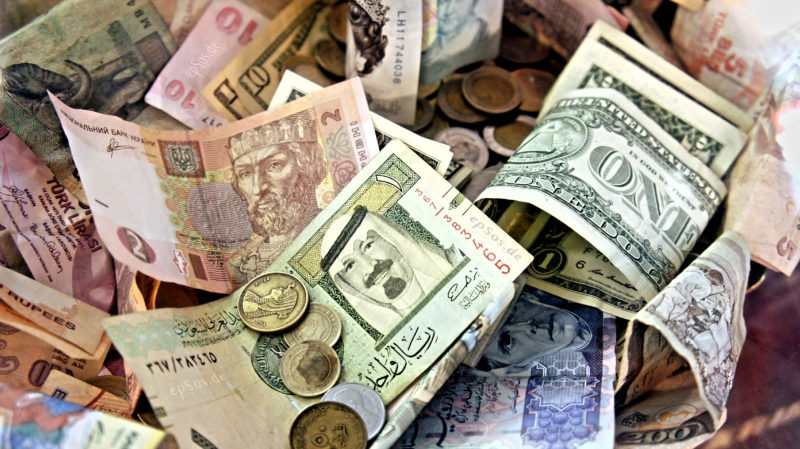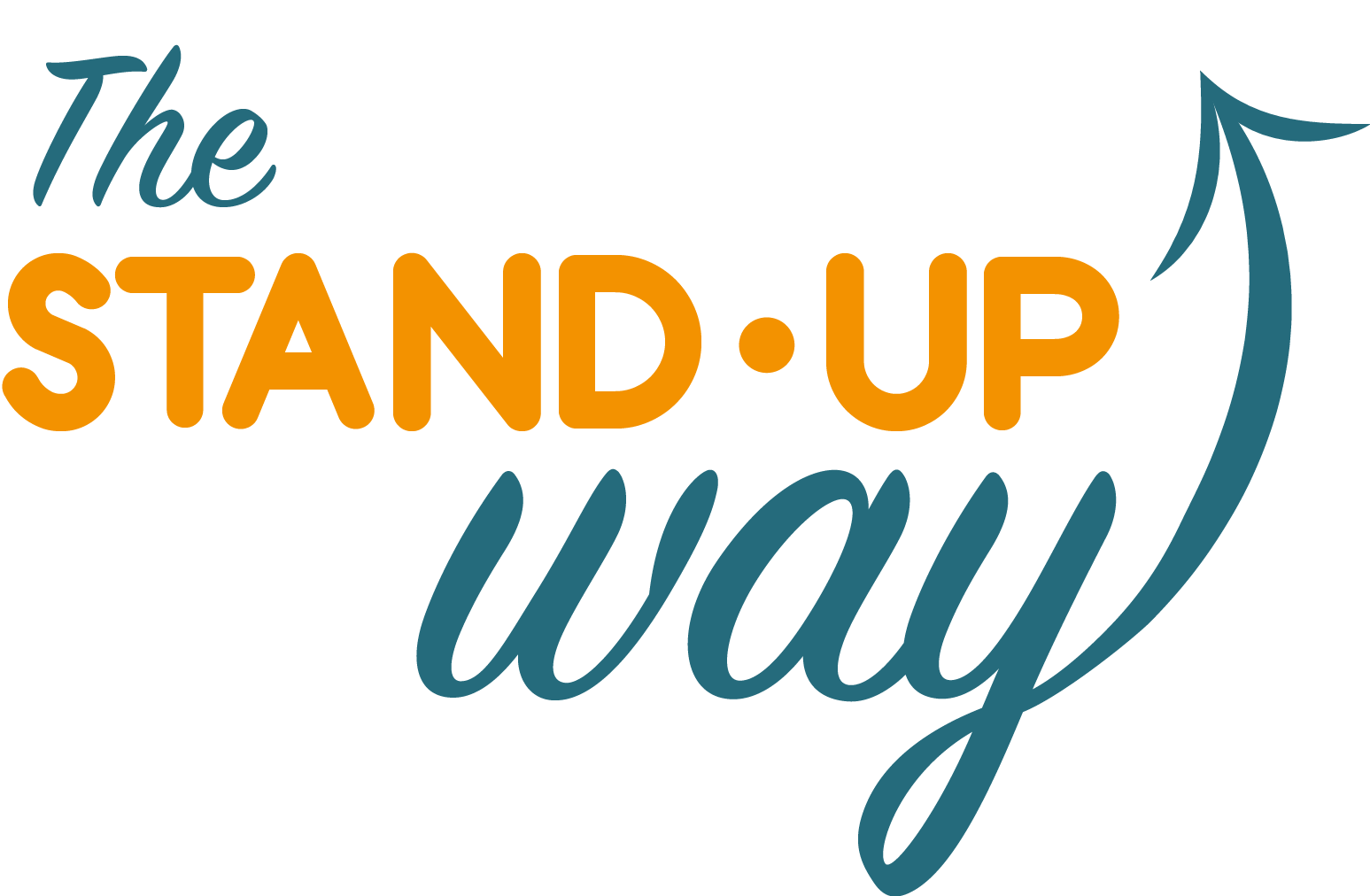
In our current day society it seems like money is at the center of virtually everything. It’s hard to think of anything without money being involved in some way or another. The news is full of stories of governments struggling to manage their debts. People all over the world are struggling to make ends meet or in other words, to earn enough money to feed and clothe themselves and have a decent roof over their heads. And then I’m not even mentioning education and health care.
And yet, there is enough food to feed the entire planet and there is enough space for everyone to live. So why are people struggling?
One path worthy of exploration is to follow the money. A lot of people have restricted access to the one resource that opens almost all doors: money. Just imagine that tomorrow money would not be an issue in your life anymore. Imagine walking out of the door in the morning without having to worry about your expenses for the day. Cup of coffee on the way to work? No problem. Going out for lunch to that nice restaurant that opened up around the corner? Done! Taking that trip to Hawaii you were dreaming of? Just book it! What would you do if you were assured there was enough? How would your life look like? Would you be on a perpetual holiday? Would you still work? Would you do the same work or other work? Would you start studying again? How would your life look like?
Money is not ‘real’
Before we dig into this, let’s first explore what is meant by ‘real’.
Everything you can touch and hold can be considered to be real. Virtual reality may start blurring that boundary but let’s stay with physical stuff in the ‘real world’ for now. So your cup of coffee, the laptop, smartphone or tablet you are reading this article on, your car, trees, oceans, … All these things are real.
Experiences are real. They are not tangible like physical matter is but when you go for a swim, get a hug, run into a wall, go bungie jumping, are congratulated on a job well done, … all of this ‘feels’ real. It can make you feel good or bad or maybe it doesn’t have a real impact on your state of being. One thing is for sure, you can say it happened and that makes it real.
Services are real. When someone does a service for you, you are left with something that was not there before. They can be put into 3 categories.
- There are those that result in something physical. A cup of coffee, a clean car, a house, … These can all be produced through someone, or a group of people, providing you a service.
- Others provide you with an experience. A massage, a guided tour through a new city, a workout session with a professional trainer, … All transport services could also be put in this category since they provide you with the experience of the transport itself and the experience of arrival at your destination. The same goes for travel agencies that arrange your trip for you.
- The last category has overlaps with the previous one. This is where you learn something. This can be a new skill or expanding your knowledge and insights. It overlaps with the previous category because learning is also an experience.
Money is not ‘real’. The bills are real as are the coins and that’s where it ends.
Imagine you would be locked up in a room with 10 trillion dollars. That’s a lot! There is one catch, you can not exit that room for a whole month. There is no one you can communicate with. There is no way you can spend any of that money on anything. It’s just you and the dollar bills. No water, no food, no clothes … for a whole month. The money, real as the bills are, would be worthless. You could burn it for warmth if you manage to light them. You can not eat it and you can not drink it. You could say it gives you an experience but a stack of regular paper would probably do about the same.
Money is like a promise. Imagine I promise to get you food. Depending on how well you know me you would trust me more or less in actually delivering on my promise. As long as you do not hold the food in your hands my promise does not have a lot of value. It might give you hope of eliminating your hunger but the promise in itself does not do that. For that I need to show up with the food and hand it over to you. At that point the promise is turned into something of real value.
Money works the same way. It is a promise to value, to something real. You also need other people around you that are willing to trust that promise. People that are willing to accept it in exchange for something you want or need. And for that people need to believe that the promise can be cashed in. That belief is both volatile and localised.
The volatility depends on the perceived trustworthiness of the currency. This is reflected in the foreign exchange market. Bitcoin, with its strong fluctuations, is a prime example of just how volatile the perceived value of a currency can be.
It is localised because, in general, people will only accept the currency that is used locally. If I were to show up and offer you 1 million Indian Rupees to buy a brand new top of the line TV set there’s a good chance you will refuse because you are not familiar with that currency (unless you live in India of course). Your belief and trust in that currency is a lot lower than the belief and trust in your local currency. Exceptions exist in those countries where the perceived trustworthiness of the local currency is low. In those countries dollars and euros are usually readily accepted.
Now, money in itself is not bad. There is a big advantage to using it too. When the trust remains stable, it’s a safe substitute for value you don’t need right away. Having a ton of potatoes today is not particularly handy because they will go bad before you can eat them. Their trading value also depends on the freshness and whether there is enough demand. Money does not have the problem that it becomes stale or that it rots away. People will probably accept it longer than they are willing to accept your current batch of potatoes.
Conclusion
So, money in itself has no value. It holds a promise to value though. As long as there is someone else willing to accept it in exchange for something real, something you can actually use, goods or a service, you’re good. For that to happen, the other person must be familiar with the currency and trust it enough to belief that it will keep its perceived value long enough to be traded in for something he/she can use later on. In other words, money is a promise to something you want/need. And by accepting money in exchange for goods or a service you are betting on the money keeping its promise.
If tomorrow the currency you have in the bank would suddenly devaluate it would be the equivalent of your money breaking its promise to deliver value to you.
In the end, money derives its usefulness from the agreement and/or belief by a group of people that a certain currency holds a stable promise to value. That it can function as a placeholder for value later on. This is not limited to official currencies backed by nations. There are lots of complementary currencies all over the world which are also used as a substitute for real value. Most of these currencies are constructed differently from the national currencies. More on that in later posts.
The important thing though is that we see it for what it is: a tool. A substitute for real value, a promise to get that real value. And that’s where things are going horribly wrong in our current day society.
How and why will be explained in part 2: The hidden costs.
This is the first part of a series about the nature of money. What does it represent? Where does it come from? What is its effect on our society?
The articles have been simplified in order to make the complexities of the financial world understandable for everyone. I drill down to the essence of it and explain that. You could compare it to explaining how a car works without going into the details of combustion or electrical engines and physics.
Also for the sake of simplicity, and because it is still the most commonly used currency in the international market, I will use dollars as the default currency. You can substitute it with any currency of your choice.
Also published on Medium.



No comment yet, add your voice below!